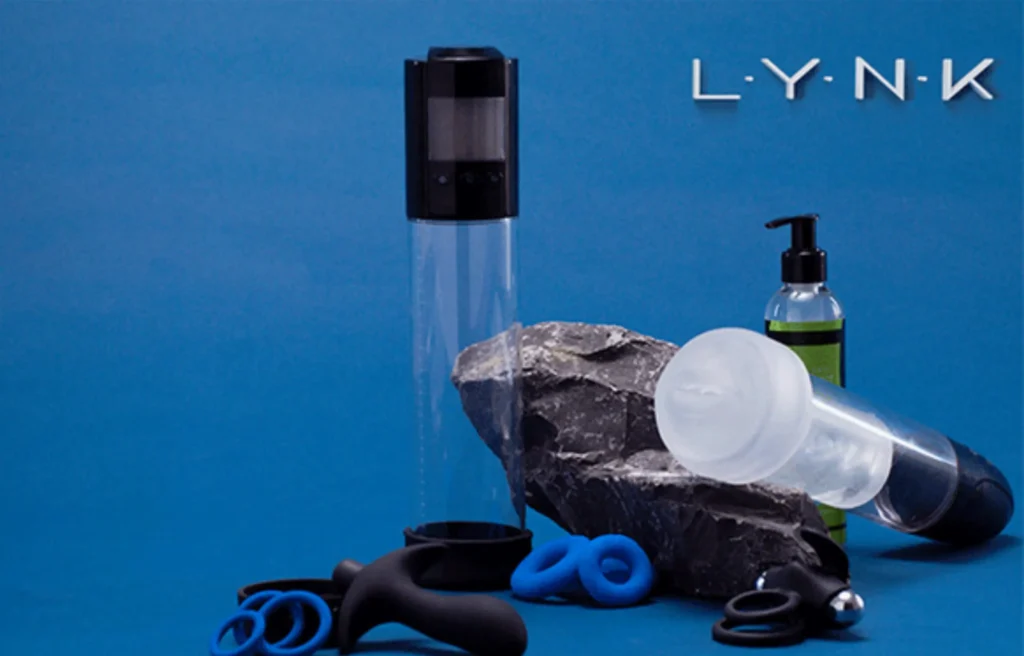Optimization is the key factor in making a difference there. A structured approach transforms underperforming campaigns into powerful growth engines by setting clear goals and refining ad copy and landing pages. In this blog, we will walk you through practical steps to optimize PPC campaigns for better conversions that will help you reduce ad waste and improve ROI over time.
1. Start with Clear and Measurable Conversion Goals
The first step in any successful PPC strategy is to know exactly what you want to achieve. Are you looking to drive sales, capture leads, get phone calls, or boost app downloads? It can become difficult to measure success or make smart adjustments without a defined goal. Clear conversion goals serve as the foundation of your campaign and guide every other step that follows.
Once your goals are set, use tracking tools like Google Ads conversion tracking or Facebook Pixel to monitor those specific actions. These tools can show you which ads are delivering real results and not just clicks. Your PPC campaign optimization can become much more focused, effective, and easier to scale when your goals and tracking are aligned.
2. Refine Your Targeting to Reach the Right Audience
Even the best ad would not convert if it were shown to the wrong people. One of the most effective ways to improve performance is by narrowing your targeting only to reach users who are most likely to take action. On Google Ads, this means choosing the right keyword match types. Broad matches can bring in large volumes of traffic, but much of it may be irrelevant. Phrase and exact match types can give you tighter control and help attract users with clear intent. Using negative keywords can also prevent your ads from appearing in unrelated searches.
Effective digital advertising optimization also requires smart targeting on platforms like Facebook. Here, targeting relies heavily on user data. You can filter audiences based on age, gender, location, interests, and even behaviors. Creating custom audiences using past website visitors or email lists allows you to retarget users who already know your brand. The same audiences can also help expand your reach by finding new users who are similar to your existing customers. Your chances of converting increase, and your ad spend becomes much more efficient when your ads are shown to the right people.
3. Create Strong, Action-Oriented Ad Copy and Visuals
Your ad creative must grab attention and deliver value fast to drive more conversions. Here is how to improve performance, especially with Google and Facebook Ads optimization:
- Use clear and benefit-driven headlines that can speak directly to user needs.
- Write a persuasive ad copy (headline and description) that highlights what the user gains, not just features.
- Include a strong call-to-action (CTA) like “Sign Up,” “Shop Now,” or “Get Quote.”
- Use high-quality visuals, images, or videos that can reflect your brand and stop the scroll.
- Show real people or relatable scenarios to build trust and connect emotionally.
- Match your ad message with your landing page to maintain consistency and reduce bounce rate.
- A/B test different versions of copy and creatives to find what resonates best.
4. Optimize Your Landing Pages for Conversions
Driving traffic is only half of the job; your landing page must seal the deal. Your ad and landing page need to work together for an effective Ad campaign optimization. If someone clicks on an ad that promises a discount, then the landing page should immediately show that offer. Mismatched messaging can frustrate users and increase bounce rates.
Studies show that a 1-second delay in page load time can reduce conversions by up to 7%, and mobile-responsive sites see nearly 70% more engagement. Focus on fast loading speed, mobile responsiveness, and a clear call-to-action to improve performance. Remove unnecessary distractions and highlight key benefits above the fold. Landing pages with a single CTA can boost conversions by 202%, and reducing form fields from 11 to 4 can increase submissions by 120%. Include trust signals like reviews, ratings, or security badges. When your landing page feels easy to navigate, it can build trust and encourage users to take the next step.

5. Monitor Performance and Make Data-Backed Adjustments
Continuous tracking and refining are essential for improving PPC conversion. Here is how you can improve results over time:
Track Key Metrics
Keep a close eye on your click-through rate (CTR), cost-per-click (CPC), Quality Score, and conversion rate. These numbers reveal what is working and what needs fixing.
Use Analytics Tools
Platforms like Google Ads Reports and Facebook Ads Manager offer in-depth insights. Use them to spot patterns, identify winning ads, and catch performance drops early.
Run A/B Tests
Don’t settle for the first version. Test different ad headlines, visuals, and CTAs to see what resonates most with your audience.
Pause Underperforming Ads
Stop spending money on ads that don’t convert. Regularly review performance and pause ads that are draining your budget.
Focus on High-Performers
Scale ads that bring in leads or sales. Redirect more budget to what is working and double down on those strategies.
Optimize Regularly
Small, ongoing tweaks matter. According to WordStream, brands that optimize their PPC campaigns frequently get up to 50% more conversions than those who don’t.
Common Mistakes to Avoid in PPC Optimization
Even the best campaigns can fail if certain missteps are repeated. Here are the most common optimization mistakes marketers should be attentive to:
Ignoring Negative Keywords: Many advertisers forget to add negative keywords, which can lead to irrelevant clicks. This wastes your ad budget and lowers campaign efficiency. Always review your search terms and block the ones that don’t match your intent.
Setting and Forgetting Campaigns: PPC is not a “launch it and leave it” game. Regular monitoring and testing are essential. Your campaigns become stale, click-through rates drop, and costs increase without adjustments.
Poor Ad Copy Testing: Running just one version of your ad can prevent you from knowing what works best. Split test headlines, descriptions, and CTAs to see what resonates most with your audience.
Ignoring Mobile Optimization: If your landing page or ad isn’t optimized for mobile users, then you will lose conversions. Over 60% of all paid search clicks come from mobile devices (Statista, 2024), so the mobile experience must be flawless.
Not Tracking Conversions Properly: You are flying blind without conversion tracking. You won’t know which keywords, ads, or platforms are driving results that can make digital advertising optimization nearly impossible.
Targeting Too Broad an Audience: Broad targeting can bring in unqualified traffic. Use precise targeting with filters like location, demographics, and interests to improve ROI and reduce wasted ad spend.
Conclusion
PPC campaign optimization isn’t just about lowering costs; it is about getting better results from every click. The right strategy can drive real business growth, whether you are running Google or Facebook ads. Every detail matters, from targeting the right audience to refining your ad copy and improving your landing pages. Regularly review your performance and avoid common mistakes to stay ahead. And if you are struggling with advanced PPC campaign optimization techniques, then expert support can make all the difference.
At iClick Advertising, we help businesses turn ad spend into measurable results with smarter digital strategies. Ready to grow your ROI? Book a call now!
Let us build your next winning campaign today.





